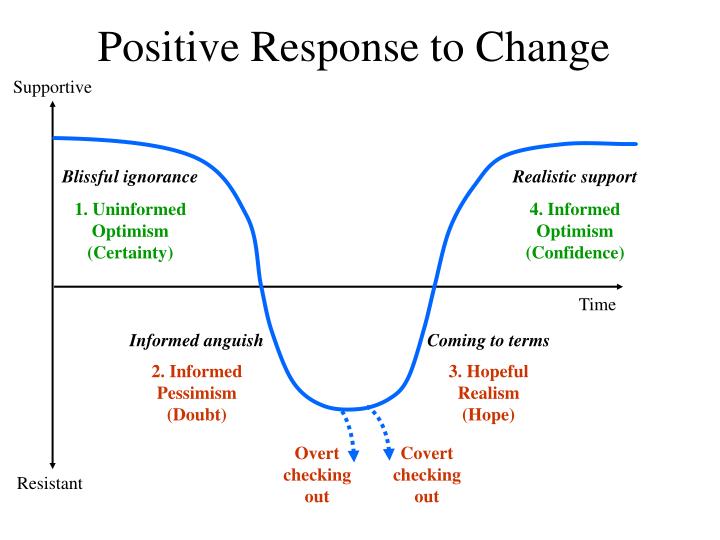November 12, 2020
The challenges that face PhD students in science programs are frequent and often seem insurmountable. When faced with obstacles, is it better to just quit? Spoiler alert — NO! Its not!
Approximately a quarter of graduate students in science or engineering PhD programs in the U.S. will quit within 3 years of matriculation, according to data gathered by the Council of Graduate Schools. Moreover, of the estimated 24,165 graduate students in U.S. natural science doctoral programs, 6,041 will not defend their thesis to earn a PhD.
There are numerous reasons why quitting may be appropriate or inappropriate. Ultimately, the decision to throw in the towel (or not) is extremely personal.
Anecdotally, I have heard that the main reasons for quitting a PhD in the natural sciences include losing interest in the research, wishing to pursue a different passion, and feeling disheartened by academia. These are all totally understandable reasons, and I have felt them too.
There are other struggles, too. Personally, I sometimes think my experimental design is such a mess that my research is not going to help the world in a meaningful way. Every now and then, I consider the possibility that I am only in a PhD program by some fortuitous combination of personal fraud and admissions committee error. Additionally, I often worry that my future career will not require my high level of education. These feelings have certainly been exacerbated by the mental toll of the ongoing COVID19 pandemic, but they had existed before March 2020.
Nevertheless, I won’t quit, and I argue against quitting a PhD in general.
The pandemic will be over, eventually. In the meantime, there is no shame in struggling during these uniquely stressful times, or ever, actually. Change is really hard, and it’s OK to struggle. Pandemic aside, the process of a PhD involves constant changes: moving to a new city, rotating in different laboratories, joining a lab and moving to a new office, forming relationships with your committee members, working through summers, and a revolving door of lab members, to name a few.
While we (usually) can’t control the changes, we can control how we respond to the changes. My thoughts of quitting partially stem from my responses to change: being supportive versus resistant of the changes experienced in academia influence my mood/outlook, which in turn influence how often the thought of quitting occurs.

I’m usually in a pretty good mood and want to keep on keeping on, but I have periods of doubt that basically correspond to whenever there is a change. Indeed, I’ve felt the urge to call my advisor and hang up my lab-coat many times over the past few months, but I will not. The doubt will pass. I will defend my thesis sometime in the next two years.
Overcoming this whole mess, and emerging with a PhD is essential for me, and other candidates. Although the degree represents the contribution of new knowledge to the world about a (very specific) problem, the educational process is the most meaningful part. A PhD is an endurance event — basically a marathon. The finish is great, but the race itself is where you learn and grow against a backdrop of constant change.
Sticking it out and holding steady through the “race” is tough. However, like endorphins for a runner, the benefits of a PhD journey increase as you go on. During my PhD so far, I have become educated in much more than Toxicology. I’ve learned how to be kind yet constructive, that PI’s are just people, and that my to-do list is never too long for a run (and other means of self-care!). I want to continue to learn more while I can, so I will stick around. But not too long!
The decision to leave or stay is personal, and I realize I have certain privileges (I don’t have children, I have more free time, etc…) that enable me to make this decision more easily. Nevertheless, should “the benefits of the process” not be a sufficient reason for you to stay, I offer some others:
- You worked too hard to get here to quit now.
- The effort you have previously put in will amount to a degree that opens doors to subsequent opportunities
- You may inspire others to pursue a PhD
- By struggling, you have gained experience that you may share with mentees you can guide and help
- You CAN do it — anything worth doing is difficult — If it were easy, everyone would have a PhD!
- Indeed, 2% of the United States population has a PhD., according to US Census Bureau data from 2019.
Although I urge you to stay rather than quit, spending time in a PhD program means you learned something about yourself, and made an informed decision.
“At the center of your being, you have the answer; you know who you are, and you know what you want.” – Lao-Tzu (604 – 531 BC)
Have you thought about quitting? What are your thoughts on the process of getting a PhD? What made it worthwhile for you?

